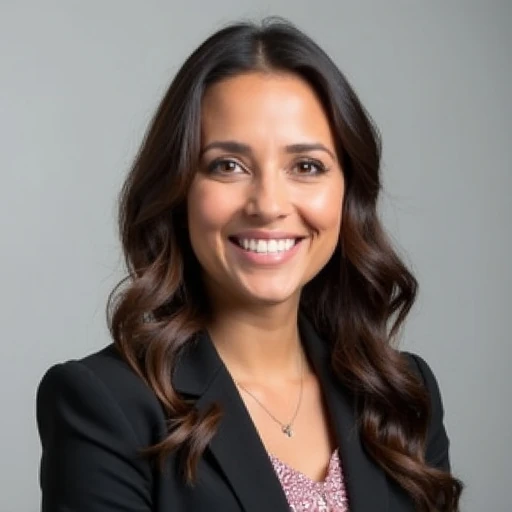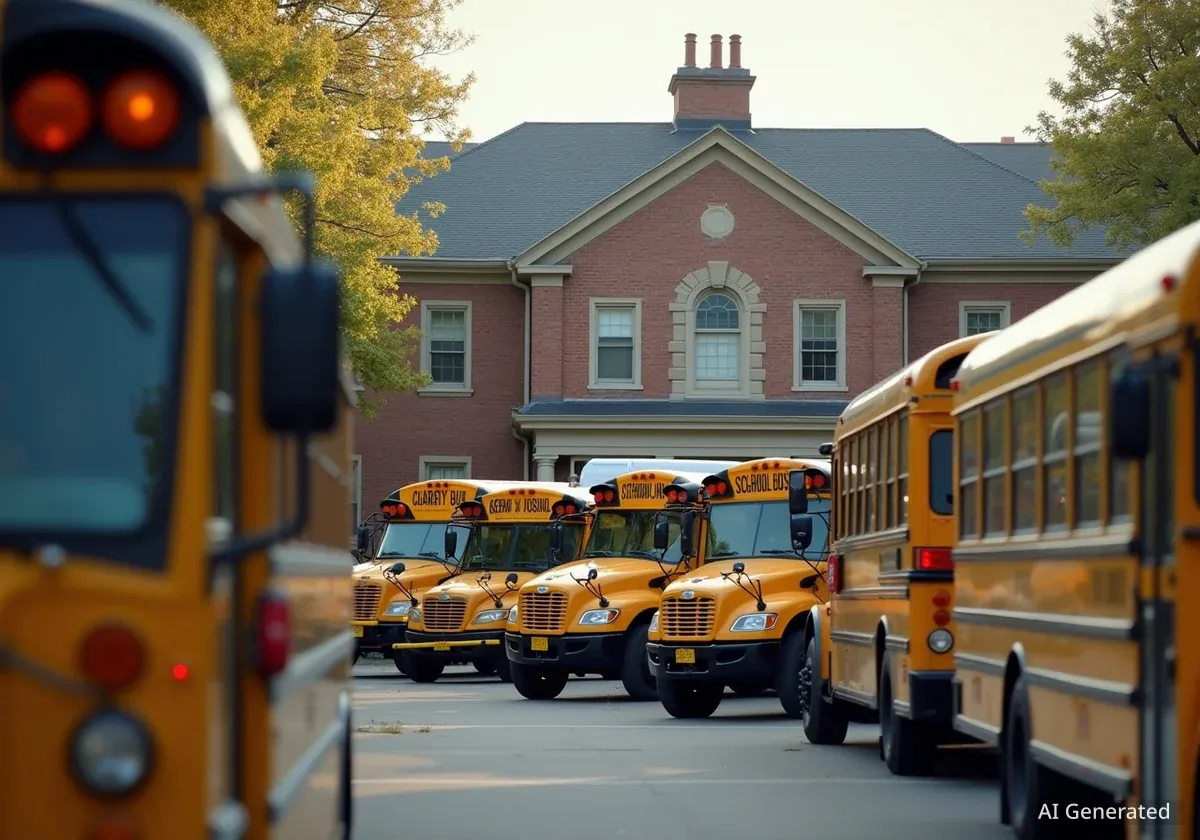A new law in Florida is creating significant friction between public school districts and charter school operators. The legislation requires public schools with extra space to provide it to qualifying charter schools at no cost, a move that has prompted one major operator to request access to more than 30 campuses, sparking a statewide debate over school resources and local control.
The law, an expansion of the state's "Schools of Hope" program, has been met with strong opposition from school board members who argue it will strain already tight budgets and disrupt established educational programs. The charter operator, Mater Academy, insists its goal is collaboration, but its initial actions have set the stage for a potential conflict.
Key Takeaways
- A new Florida law mandates that public schools with unused capacity must provide space to charter schools rent-free.
- Mater Academy, a charter school operator, has already requested space in over 30 schools across four counties.
- Public school districts must cover costs like maintenance, security, and transportation for the charter schools using their facilities.
- School officials express concern that the law will disrupt programs, especially those for students with disabilities, and could lead to hostile takeovers of school buildings.
Understanding the New Legislation
Florida's new rule marks a significant shift in the state's education landscape. It expands a program known as "Schools of Hope," which was originally designed to introduce charter schools in areas with low-performing public schools. Now, eligible charter operators can claim space in any public school identified as being under-enrolled, regardless of its academic performance.
Under the terms of the law, the host public school district is responsible for a wide range of operational costs for the charter school. These expenses include building maintenance, security services, student transportation, and even food services. This financial obligation is a primary point of contention for district officials.
National Trend in School Choice
Florida is one of at least 27 states with laws intended to help charter schools access public facilities. According to Todd Ziebarth of the National Alliance for Public Charter Schools, Florida's law is distinct because it empowers the charter school, not the district, to select the facility. This approach is seen by proponents as a way to overcome a major hurdle for charters: finding and financing a building.
Advocates argue the law promotes efficient use of taxpayer-funded buildings and provides more educational options for families. However, critics see it as a move that weakens traditional public schools by diverting resources and ceding control of public assets to independent operators.
Mater Academy's Statewide Requests
Mater Academy, a prominent charter school operator managing 39 schools in Florida, became the first to act under the new law. The organization sent notices to four school districts—Hillsborough, Manatee, Sarasota, and Pasco—requesting space on more than 30 different campuses. The requests outline plans to open schools by the fall of 2027.
The districts have argued that these notices were sent prematurely, ahead of the law's official November 11 start date, and therefore consider them invalid. Despite this, the move provided a clear signal of how charter operators might use the new legislation. Officials in the affected counties are now preparing to file formal objections if new requests are submitted.
Charter School Growth
Enrollment in charter schools has been growing steadily across the United States. During the 2023-2024 academic year, more than 3.7 million students were enrolled in charter schools, representing nearly 8% of all public school students, according to the National Alliance for Public Charter Schools. This growth contrasts with a general decline in enrollment at traditional public schools.
In a statement, Mater Academy's president, Roberto Blanch, described the notices as "an initial step intended to open dialogue, not to initiate any takeover or displacement." He emphasized a desire to collaborate with districts to find solutions that maximize the use of public facilities, particularly in underserved communities.
District Officials Raise Alarms
School board members in the targeted counties have voiced strong opposition, citing numerous practical and financial concerns. They argue that state data on school capacity is often misleading and fails to account for how space is actually used.
"Basically, they are telling us that 'we expect to take over this building,'" said Heather Felton, a school board member in Manatee County. She pointed to projections in Mater's notices that its new schools would occupy the full capacity of the campuses within five years.
Impact on Special Programs
A significant concern is the potential impact on students with special needs. In Hillsborough County, Mater Academy requested space in all six of the district's schools dedicated to students with disabilities. Board member Nadia Combs explained that while these schools might be listed as under capacity, they utilize all their space to accommodate smaller class sizes and specialized equipment.
Roberto Blanch of Mater Academy stated the company would rely on the state and districts to ensure programs for disabled students are prioritized, but district officials remain skeptical about how this would work in a shared-space environment.
Fears of a "Land Grab"
Some officials worry the law could be used strategically to acquire public property. Sarasota County school board member Liz Barker suggested a charter could execute a "land grab." If a charter school successfully enrolls all students from a host school, the district could be forced to sell the building. Under state law, the charter operator would have the first opportunity to purchase it.
- Financial Strain: Districts must pay for charter operations on their campuses.
- Disruption to Students: Sharing facilities can create logistical challenges for existing students and staff.
- Inaccurate Data: State capacity numbers may not reflect the use of rooms for art, music, or special education.
- Long-Term Takeover: Projections of full enrollment by charters suggest a plan to eventually displace the public school.
Manatee County school board chair Chad Choate III, who generally supports school choice, called Mater's widespread requests a "fishing expedition." He believes the law needs revision to prevent the "double occupancy" of schools and to incorporate more criteria than just enrollment numbers. A group of board members from several counties is now planning to lobby state legislators to amend or repeal the law.





